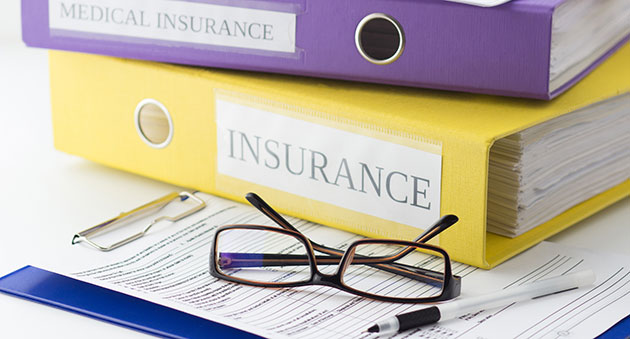While buying car insurance is not the same thing as purchasing, say, peanut butter (unfortunately, there are no Sunday Savers with pages of car insurance coupons), a little thought and know-how could be the difference between paying hundreds of extra dollars a year.
Luckily, like all skill sets, the art of savvy spending can be taught and learned. The five tips below are for anyone looking to shore up their shopping expertise and avoid the common pitfalls of buying car insurance.
And don’t worry—once you’re ready to utilize your new knowledge and find the perfect policy, you can buy it online, without having to make anyone wait behind you for hours.
You Don’t Buy Enough
It may sound counterintuitive to say that spending more on car insurance could cost you less in the long run, but think about it this way: Aside from your degree and your house, your car is one of the biggest purchases you’ll likely ever make. Isn’t it worth protecting?
Sure, the majority of states require you to have a minimum car insurance policy, but those are often liability plans, which only cover harm to anyone else or their vehicle. Without extra insurance, you could be facing steep out-of-pocket costs to undo any damage to your own car—or, even worse, your body—in the case of an accident.
And remember those other important investments you’ve made, like your house? Well, if you cause a bad enough accident and don’t have sufficient insurance to cover it, those assets could be up for grabs, too, if the other motorist involved decides to sue you for damages.
Of course, all of this means a higher up-front expense for you, so make sure to weigh out the costs and benefits, and be honest with yourself about what coverage you need.
You Buy Too Much
It seems like a simple enough equation: The less car insurance you buy, the more money you’ll save. But remember, this is about how to buy the right insurance, not the cheapest insurance.
Cutting down on coverage doesn’t make sense for everyone—and, as noted above, it can be a risky gamble—but it could be beneficial if you simply don’t need that much. Consider for a moment why anyone has insurance at all. Mostly, it’s to ease your financial burden in the case of a potential accident.
If you live in a low-population area, don’t drive frequently, or your car isn’t worth much to you (monetarily or otherwise), you probably have a wider margin of error, which may make both the risk and the monetary savings worth it. It could also work if you feel financially comfortable with potentially high out-of-pocket costs in the face of an incident.
But remember, you’ll most likely need to purchase liability coverage at the very least. Start by examining the minimum car insurance requirements in your state, and make an honest assessment of whether you would feel confident with that policy alone—or combined with another low-cost plan.
Your Deductible Is Wrong
Your deductible is one of the few aspects of the car insurance process you have power over. It’s the magic amount you need to pay after an accident before your insurance coverage kicks in.
Think long and hard about how it would feel if you had to pay your entire deductible at once. Could you swing it financially? Or are you just getting started on your savings, and need some help from your insurance company?
Don’t be afraid to do the math—or ask your insurance agent to do it for you. How much would you really save by raising your deductible? Is it worth saving a total of $30 annually on your premiums (the monthly fee you pay to maintain your policy) to increase your deductible—and therefore, what you would owe after an accident—by several hundred dollars?
Don’t be pennywise and pound foolish. Try to keep your eye on the bigger picture.
You Don’t Shop Around
When it comes to shopping, competition is your friend.
That market rivalry is even more important when a majority of car insurance quotes are based not on hard facts but each company’s best guesses. Most of the major insurance players have their own algorithms to calculate how risky it would be to cover you, which makes shopping around a crucial step in finding your best rate.
But keep in mind, the goal is finding the best insurance, not the cheapest.
There are plenty of other factors besides cost to be cognizant of, like the quality of the coverage itself and the company’s costumer service reputation. You might want to make a list of your priorities when it comes to car insurance and start with the company that best reflects them. But make sure to get at least a few other quotes—just in case.
You’re Not Bargain Hunting
Car insurance companies offer several discounts, and while several of those discounts automatically get factored into your car insurance quotes, you should double-check to make sure you are taking advantage of every possible discount.
Do a little research before purchasing a package to see whether your good driving record, hybrid vehicle, or even homeowner’s insurance could be used to shave some money off your plan. But, more importantly, don’t lie when applying for your policy in hopes of landing one of these deals. It’s not only wrong (and illegal), but you could be fined, or even kicked off of your insurance entirely.
In pursuit of the best plan possible, honesty is always the best policy.
